Cushing's Disease In Horses Prognosis
Cushing's disease in horses prognosis. Cushings Disease is also referred to as Pars Intermedia Dysfunction PPID with an average onset of 20 years of age. Diagnosis of Cushings Syndrome in Horses Cushings syndrome can be somewhat difficult to diagnose since many of its symptoms can also be symptoms of other diseases or conditions. Cushings syndrome in humans has a different.
They frequently suffer bouts of respiratory disease skin infections foot abscesses buccal mouth ulcers and periodontal disease and even infections of the tendon sheath or joints. Equine Cushings disease also known as PPID is thought to affect 20 of horses over the age of 15 and is the 5th most common disease syndrome recognised in horses and ponies in the UK. Symptoms of cushings disease in horses Common signs of Cushings disease are lethargy and weight loss even though the horse may have a healthy appetite.
Cushings disease or Pituitary Pars Intermedia Dysfunction PPID is a chronic progressive condition caused by an imbalance in the hormones produced by the pituitary gland. Cushings horses today have a better prognosis than ever before and with proper treatment and management they can enjoy long and productive lives. Equine Cushings is slightly unusual in that the primary problem is usually enlargement of the pituitary gland found at the base of the brain due to hyperplasia or adenoma hypertrophy.
For horses with clinical signs consistent with equine Cushings disease eg excessive hair growth recurrent laminitis and skin infections muscle wasting and excessive thirst and urination experts recommend a simple blood test to measure adrenocorticotropic hormone ACTH which is often elevated in horses with PPID. The disease identified by long wavy haircoat that do not falls lethargy poor athletic performance excessive seating infertility weight loss chronic laminitis muscle wasting especially along. Noticeable fat deposits on the crest of the neck the sheath of the penis the prepuce or covering beneath the.
Lethargy or a more docile temperament may be observed and usually resolves with treatment. Abnormalities of the horse. The disease commonly affects horses and ponies over the age of 15 and due to rising life.
Cushings disease Equine Pituitary Gland Hyperplasia EPGH describes a similar group of diseases in several species including humans dogs and horses. Geldings and mares also get affected. If your horse has Cushings disease fat will build up in certain parts of the body.
Your veterinarian will need to complete a thorough physical examination and will draw blood for a complete blood count and a serum chemistry to begin the process of ruling out other possible causes. Also increased thirst increased urination and increased appetite.
The disease identified by long wavy haircoat that do not falls lethargy poor athletic performance excessive seating infertility weight loss chronic laminitis muscle wasting especially along.
Noticeable fat deposits on the crest of the neck the sheath of the penis the prepuce or covering beneath the. Geldings and mares also get affected. Cushings disease or Pituitary Pars Intermedia Dysfunction PPID is a chronic progressive condition caused by an imbalance in the hormones produced by the pituitary gland. It has been known for horses to die from this condition if it is severe and if left untreated. Cushings Disease is also referred to as Pars Intermedia Dysfunction PPID with an average onset of 20 years of age. The clinical signs associated with what has historically been recognized as abnormally elevated cortisol levels or Cushings syndrome is better defined as Equine Pars Intermedia Dysfunction PPID. Horses suffering from Cushings that have been diagnosed in time can live for many years if they are successfully treated. Cushings Disease in Horses is a metabolic disease result from the hormonal imbalance of the Pituitary gland of older horses more than 18 years of age. Despite this for those which have had their immunity compromised to such an extent the prognosis can be very poor.
It is one of the most common diseases of horses greater than 15 years of age. Diagnosis of Cushings Syndrome in Horses Cushings syndrome can be somewhat difficult to diagnose since many of its symptoms can also be symptoms of other diseases or conditions. Of course all horses are different and they wont all suffer from the same symptoms but horses with Equine Cushings Disease are also more likely to affected be internal parasites and will often take much longer to heal from wounds and infections. It can be hard to make a firm diagnosis in the early phase of the disease. PPID involves the pituitary gland. Lethargy or a more docile temperament may be observed and usually resolves with treatment. Neurological problems such as seizures and even blindness.

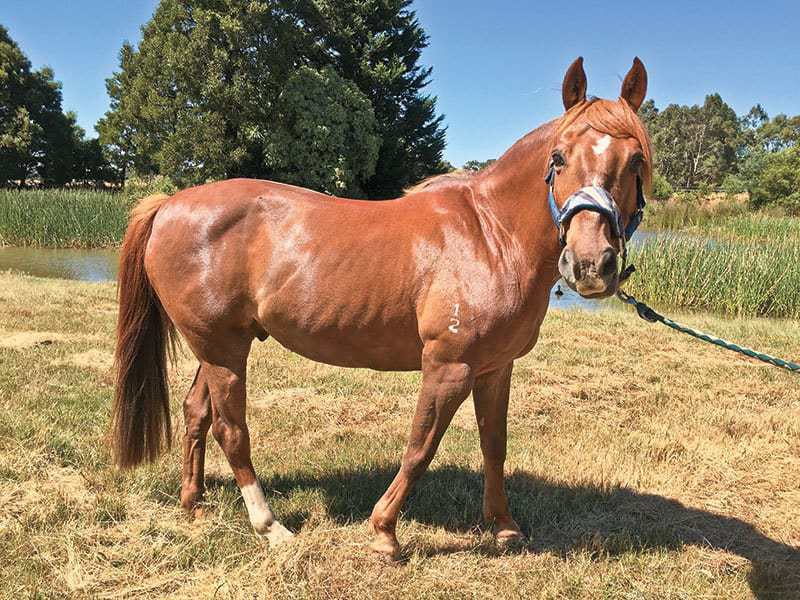
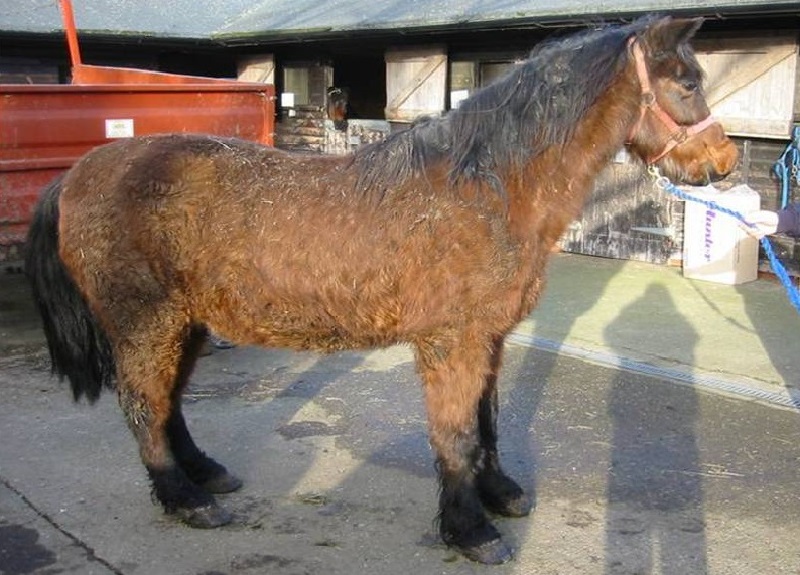


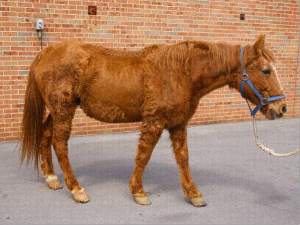
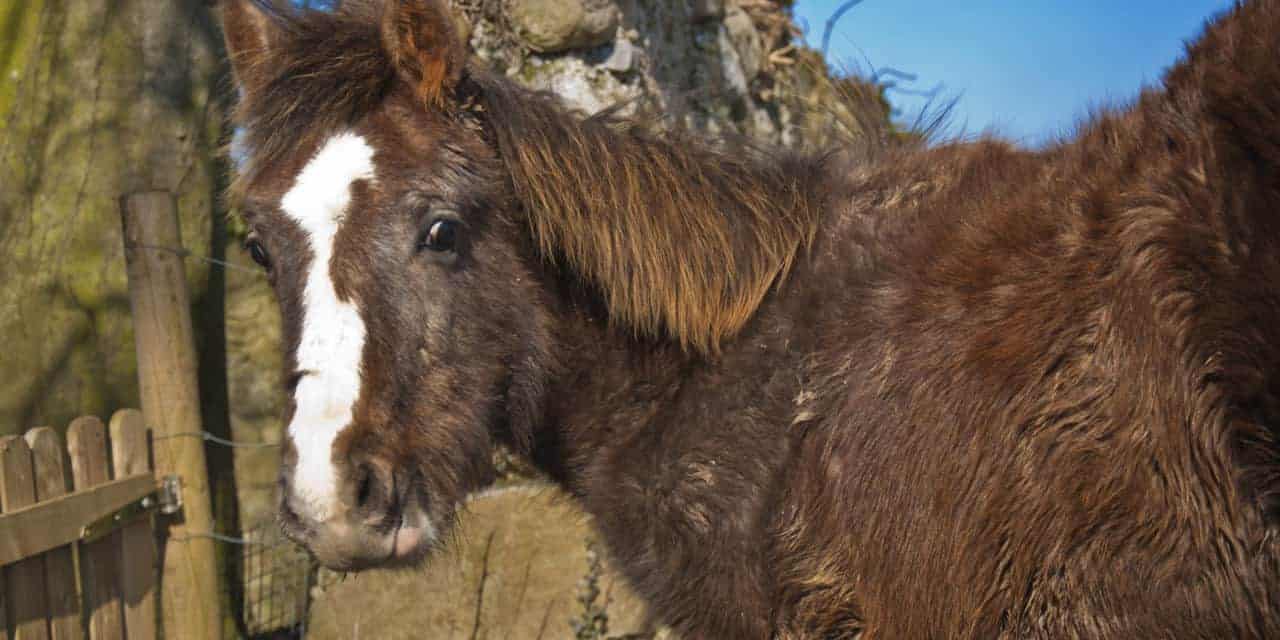
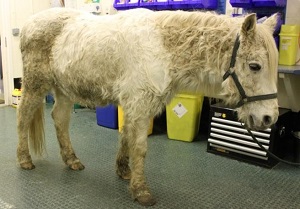


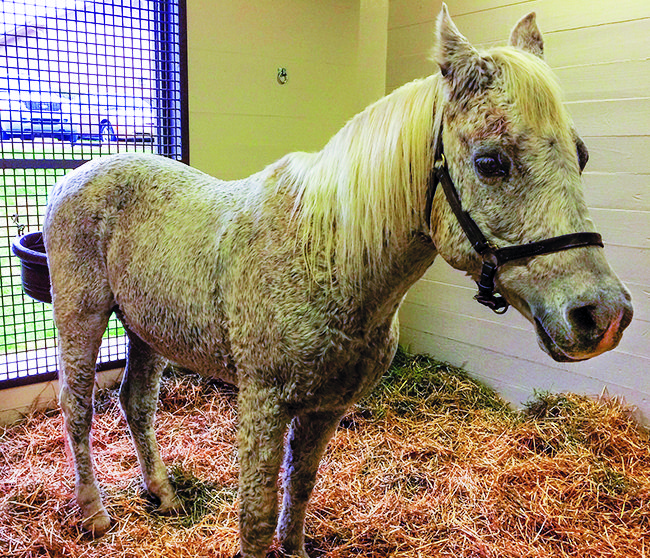


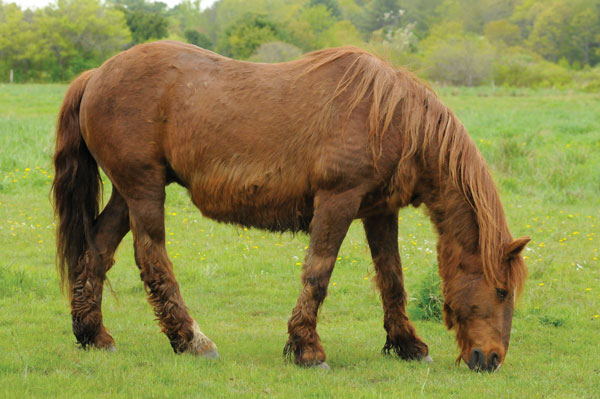
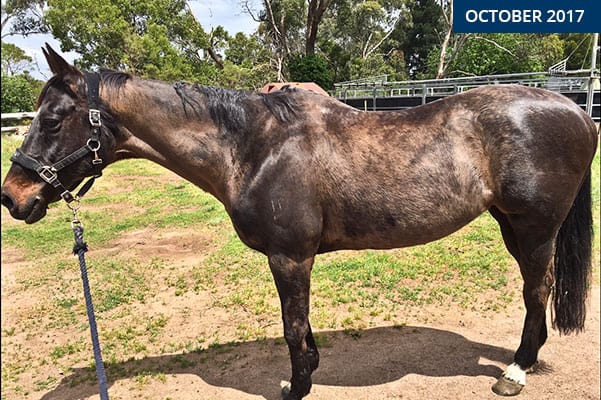
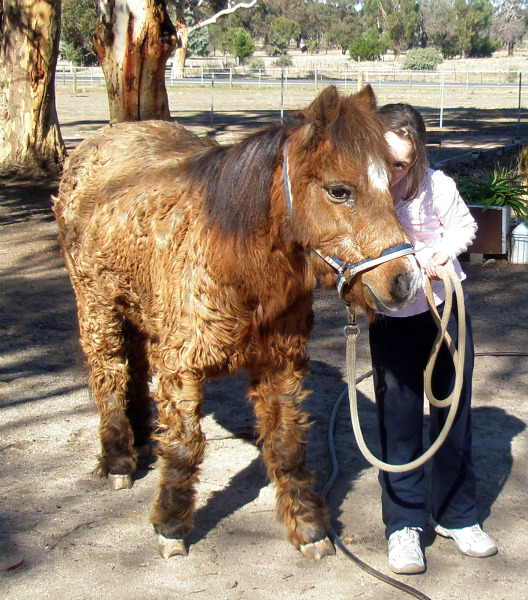


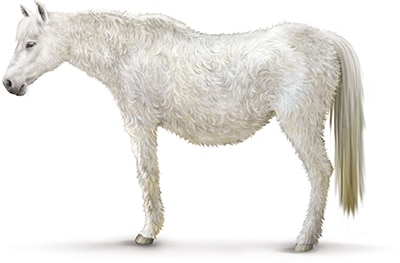




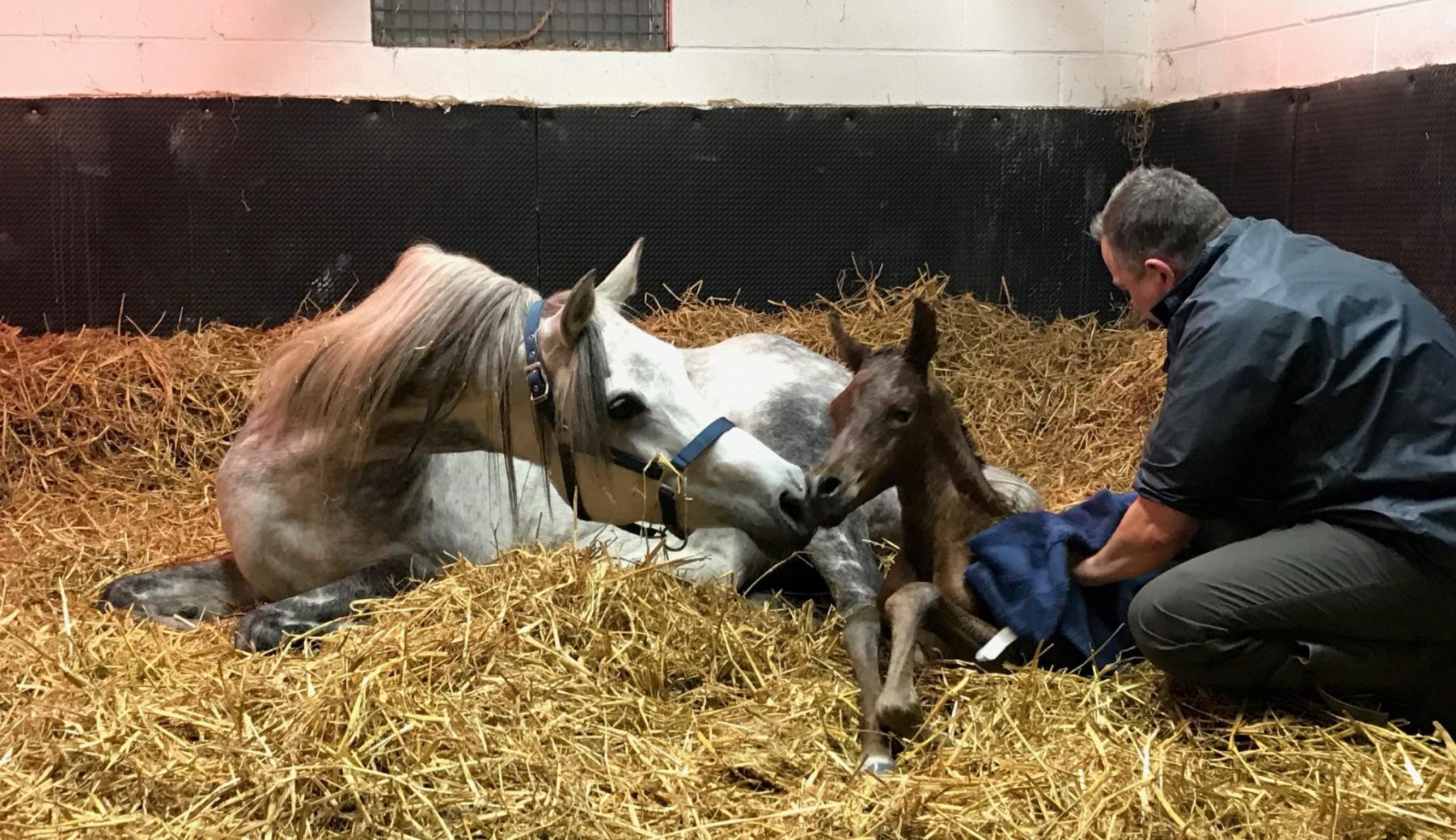








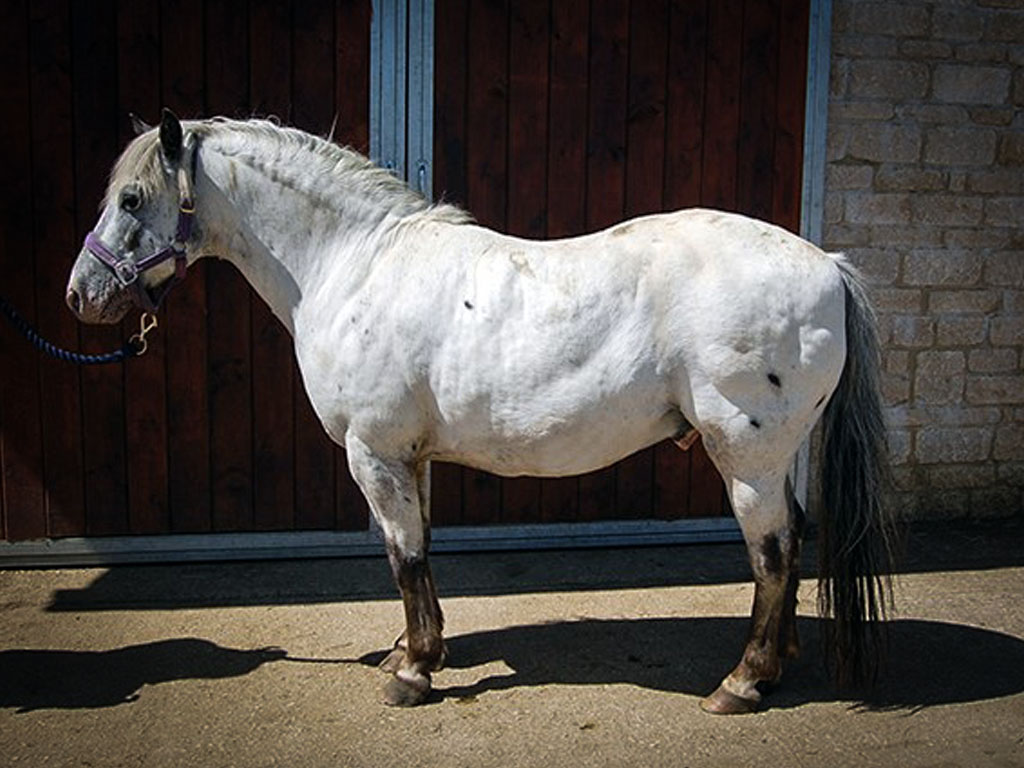


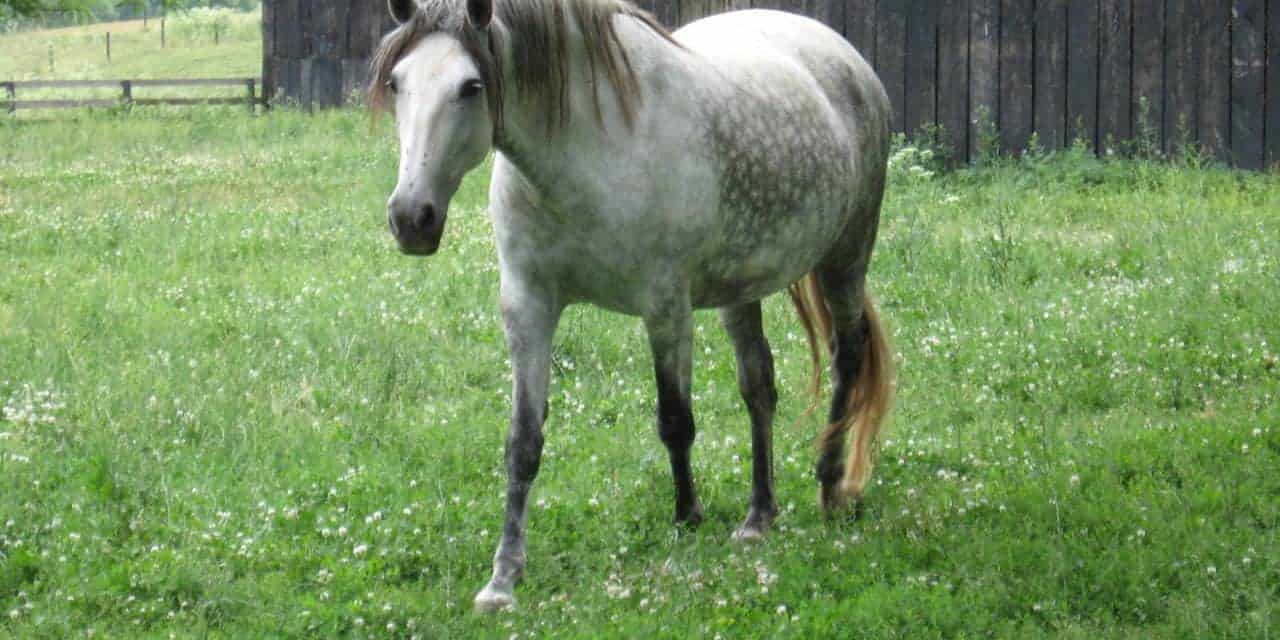





Posting Komentar untuk "Cushing's Disease In Horses Prognosis"